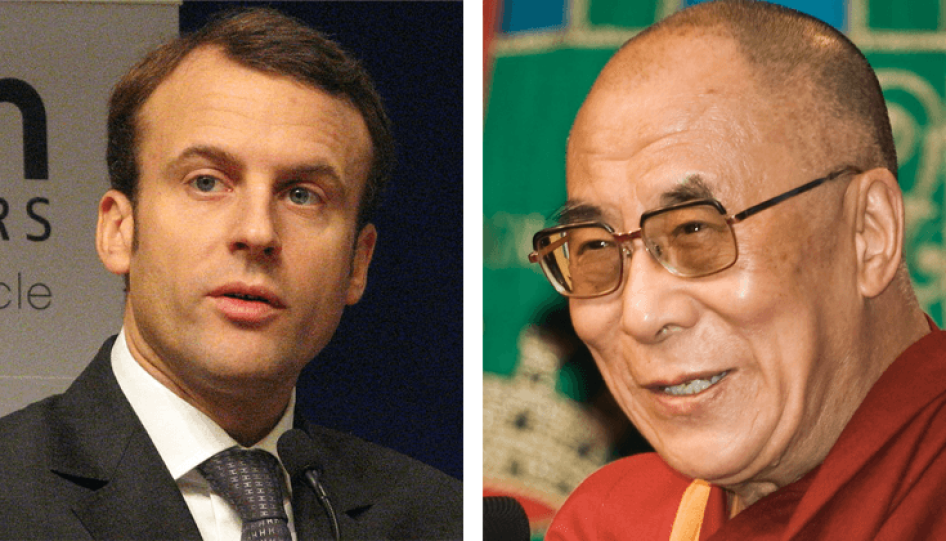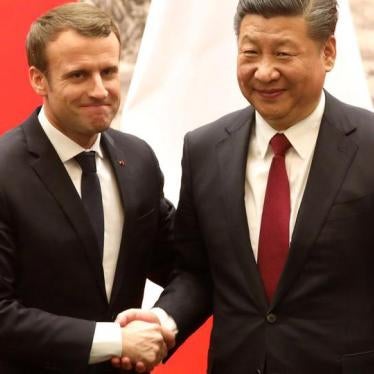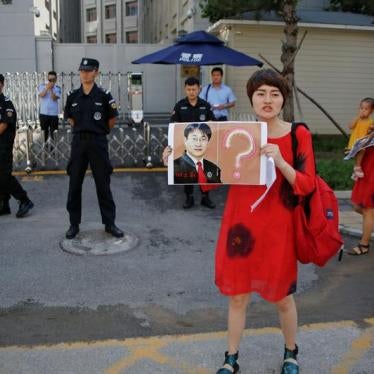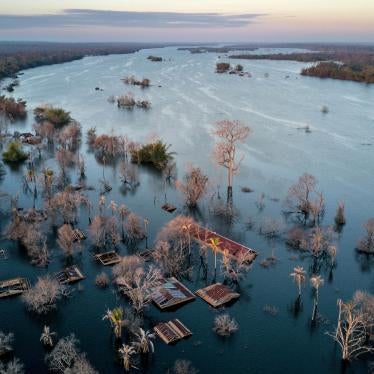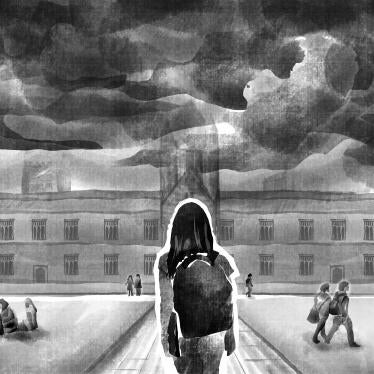It was lofty – and tough – rhetoric from French President Emmanuel Macron: in August 2017, he asserted that his country’s diplomatic and economic interests with China “cannot justify cover-up of the question of human rights.” Yet by January Macron’s resolve appeared to weaken, as he failed to publicly raise a single specific human rights case or issue on his first visit to China as president.
This week it appeared Macron’s resolve had fully given way to deference. In response to a question during his state visit to the US, Macron said that if he were to meet the Nobel Peace laureate the Dalai Lama it would “create…a crisis with China.” Macron, who had met the exiled Tibetan spiritual leader while running for office, praised him as “very inspiring,” but suggested that meeting him now would require prior consultation with Beijing, and that a symbolic meeting would likely be “useless and counterproductive.”
Macron could have used the opportunity to highlight pervasive Chinese government restrictions on Tibetan religious communities, including the installation of Communist Party cadres in the management of monasteries and nunneries. He could have spoken about the forced resettlement of Tibetan nomads, pervasive restrictions on Tibetans’ access to passports, or even their right to peacefully protest or criticize government policies. He could even have devoted a few words of concern about human rights abuses broadly by Chinese authorities. Instead, Macron effectively adopted China’s take on diplomatic interaction with the Dalai Lama.
Macron isn’t the first leader to criticize human rights in China while at home, only to back down once on foreign soil. But when the Chinese government is increasingly infringing on rights beyond its borders – threatening dissidents abroad, pressing countries to forcibly return refugees to China, or undermining international human rights institutions – Macron’s answer is more than just discouraging. It’s also dangerously short-sighted for France and other countries that have long promoted human rights abroad.
